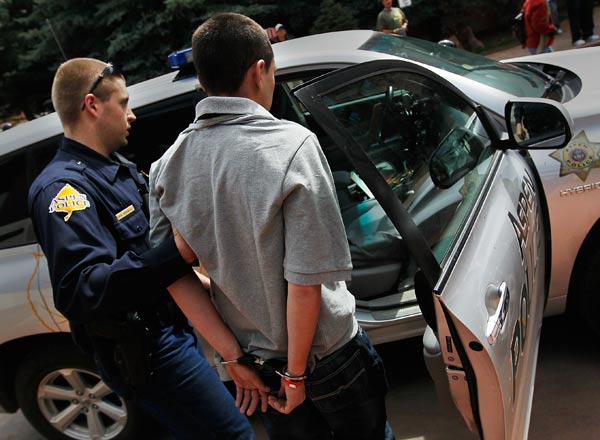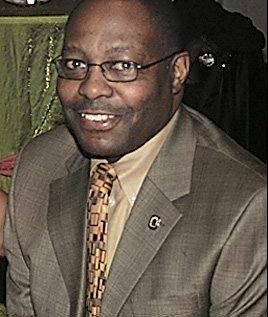Supreme Court Makes Change To Miranda Rights “You Do NOT Have The Right To Remain Silent, You Have The Option”

By a 5-4 vote the Supreme Court modified the well-know Miranda Rights on Tuesday assuring that suspects will have to verbally express their right to remain silent.
Under the new change it is no longer good enough for a suspect to just accept that he/she has the right to remain silent by remaining silent, he/she must now verbally express that they want to remain silent.
The ruling stemmed from a decision in a Michigan case where a murder suspect Van Chester Thompkins, suspected in the 2000 shooting death of Samuel Morris outside a mall in Southfield, MI, said little during a nearly 3-hour interrogation, at the start of which he was read Miranda warnings. 2 hours and 45 minutes later, an officer asked, “Do you believe in God?” Thompkins said yes. The officer then asked, “Do you pray to God to forgive you for shooting that boy down?” Thompkins said “Yes.”
Thompkins was convicted of murder and sentenced to life in prison without parole.
Upon his appeal Thompkins said by remaining silent for a long period of time he invoked his right to remain silent and his statement should not have been used.
The Supreme Court voted in Michigan’s favor on the appeal and thus decided to tweak the Miranda rights. Since the historic 1966 ruling in Miranda v Arizona, suspects are protected against self-incrimination and police are required to warn suspects they have a right to remain silent and can have a lawyer present.
Justice Anthony Kennedy who wrote the opinion, was joined by fellow conservatives on the side that favored the change. The 4 liberals dissented in an opinion by Justice Sonia Sotomayor, a former Manhattan prosecutor who warned that the decision “turns Miranda upside down.”
”Where the prosecution shows that a Miranda warning was given and that it was understood by the accused, an accused’s uncoerced statement establishes an implied waiver of the right to remain silent,” Kennedy wrote. He said Thompkins waived his right by answering the detective’s questions.
Sotomayor called their decision “a substantial retreat from the protection against compelled self-incrimination.” She worried that the Michigan case showed proof of how a suspect can be worn down in questioning and said the change to the law undercuts the “heavy burden” the government should have to show that a defendant gave up his right against self-incrimination. Stanford law professor Robert Weisberg agreed with her.
“There is no question that this decision authorizes lower courts to construe ambiguous situations in favor of police and prosecutors,” Weisberg told ABCnews.com.
Current Supreme Court nominee Elana Kagan is on the side of the court. She said a suspect must clearly assert his right to silence.



